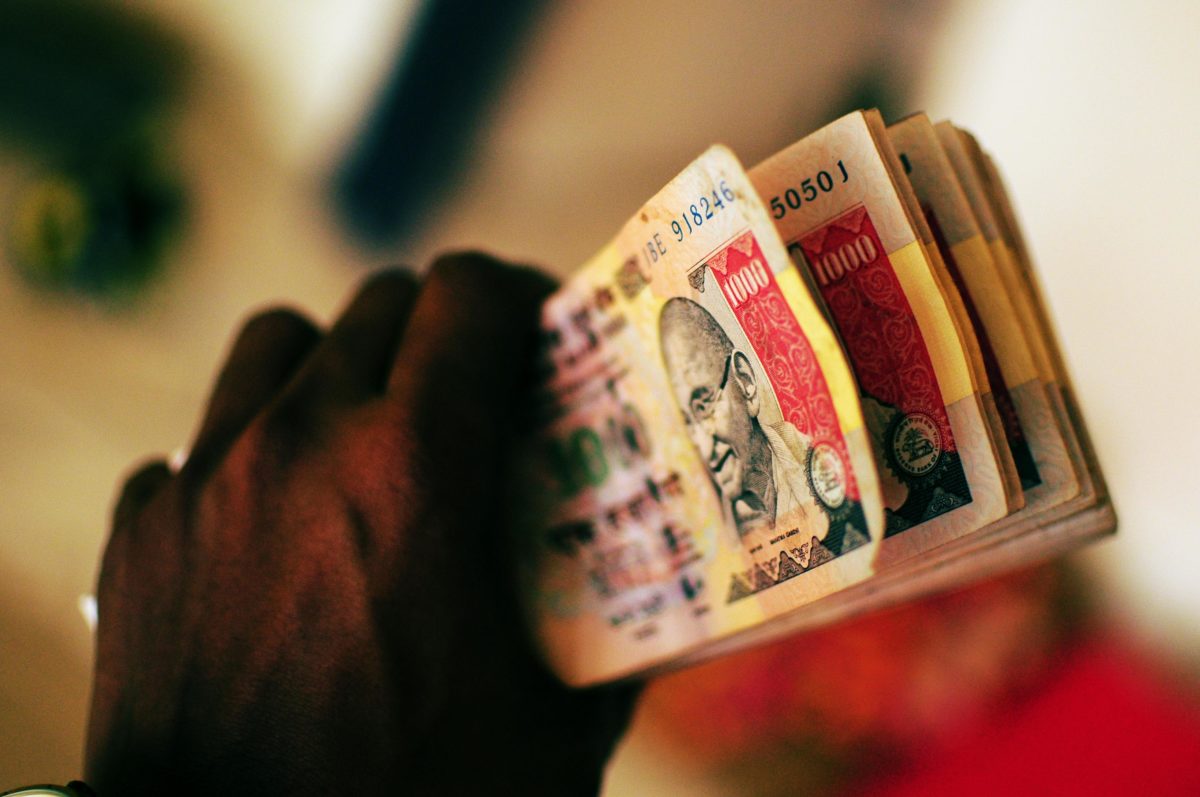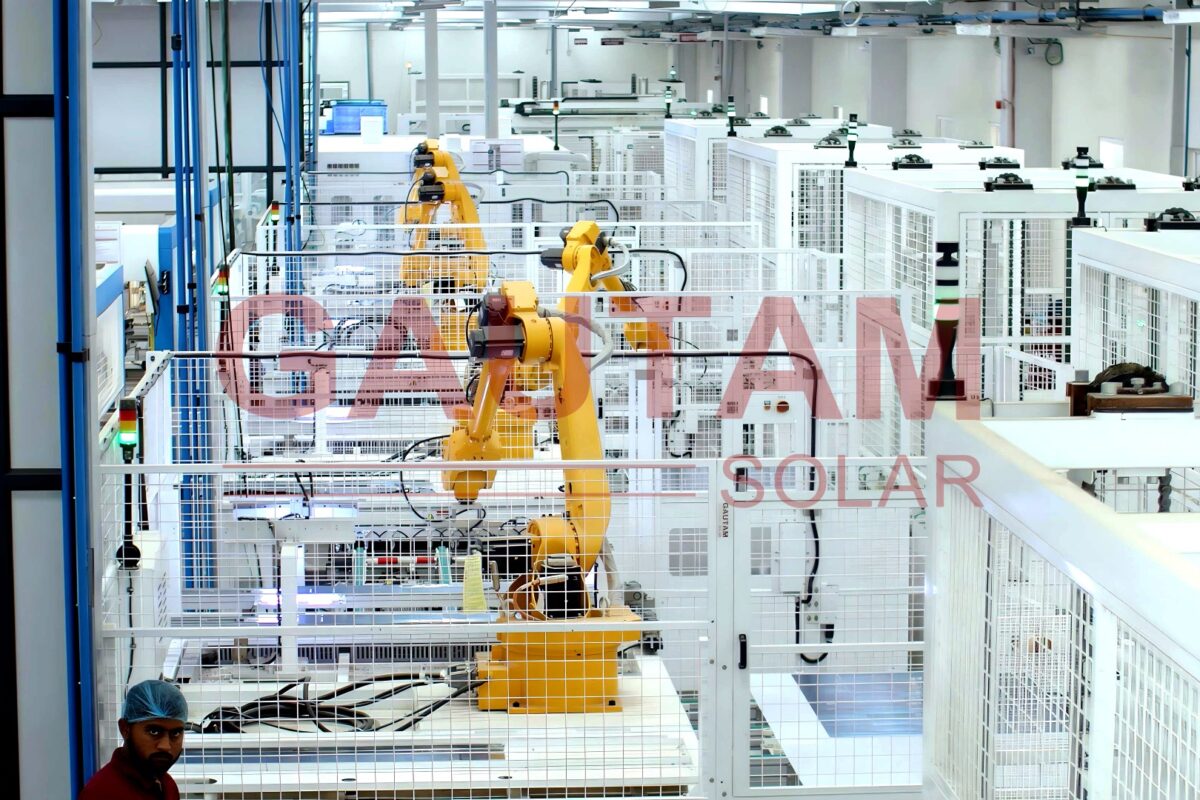Indian non-banking financial company Electronica Finance Ltd has raised $10 million from a climate fund managed by Switzerland-based impact investor responsAbility.
EFL raised the funds by issuing rupee-denominated green masala bonds. The funds will be used to expand ELF’s energy-efficient machinery lending portfolio for small and medium enterprises (SMEs) operating in the carbon-intensive manufacturing sector.
The partners have agreed on a multi-phase plan for both near-term and medium-term green lending development. EFL intends to leverage responsAbility’s ample international experience and the fund’s technical advisory support. It also plans to diversify its product offering and to expand into financing solar PV for the commercial and industrial markets.
responsAbility expects to gain from the experience EFL has in financing machines for SME borrowers for more than two decades.
Shilpa Pophale, managing director of EFL, said: “We are pleased to team up with a successful international partner with proven expertise in driving green lending in emerging markets. By enabling Indian SMEs to improve their energy efficiency and processes we will further support them in making them competitive and our economy more sustainable and resilient.”
Speaking on behalf of responsAbility, Jaskirat Chadha, principal-financial institutions debt for Asia-Pacific, explained: “Partnering with EFL, who is well established as a lender to the MSME segment to expand their energy efficiency lending portfolio, will allow us to integrate green lending into this sector and, as a result, sustainably reduce CO2 emissions.”
EFL is a Pune-based financier serving SMEs across India in the manufacturing and service sectors. The funds will be utilized for financing equipment in the machine tools, plastic and printing and packaging industries. Loans for financing these machines dominate EFL’s US$ 180 million gross loan portfolio.
India has committed to reduce the emissions intensity of its GDP by one third between 2005 and 2030. The Indian SME sector currently contributes 45% of the country’s total greenhouse gas emissions from the manufacturing industries and is widely suffering from obsolete technology and lack of funding. All of this results in considerable potential for greenhouse gas mitigation.
This content is protected by copyright and may not be reused. If you want to cooperate with us and would like to reuse some of our content, please contact: editors@pv-magazine.com.









By submitting this form you agree to pv magazine using your data for the purposes of publishing your comment.
Your personal data will only be disclosed or otherwise transmitted to third parties for the purposes of spam filtering or if this is necessary for technical maintenance of the website. Any other transfer to third parties will not take place unless this is justified on the basis of applicable data protection regulations or if pv magazine is legally obliged to do so.
You may revoke this consent at any time with effect for the future, in which case your personal data will be deleted immediately. Otherwise, your data will be deleted if pv magazine has processed your request or the purpose of data storage is fulfilled.
Further information on data privacy can be found in our Data Protection Policy.